Table of Contents
Adverbs of frequency help explain how often something happens, using words like always, sometimes, and never. They answer the question, How often? in English sentences.
Understanding adverbs of frequency is essential for beginner-level learners to improve their sentence structure and communication.
What is an Adverb of Frequency?
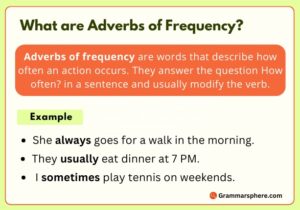
An adverb of frequency tells how often something happens, like always, often, sometimes, or never.
Examples:
Always (100%): She always goes for a walk in the morning.
Usually (80-90%): They usually eat dinner at 7 PM.
Sometimes (50%): I sometimes play tennis on weekends.
Rarely (10-20%): He rarely eats fast food.
Never (0%): We never go out on Mondays.
Types of Adverbs of Frequency
Adverbs of frequency can be categorized into definite and indefinite types, depending on how specific they are about the time or frequency of an action.
Definite Adverbs of Frequency
Definite adverbs of frequency provide a clear, specific indication of how often something happens. They are exact and measurable, such as once a day or twice weekly.
Examples:
- Once a week – I visit my grandmother once a week.
- Twice a month – They go hiking twice a month.
- Three times a year – She travels abroad three times a year.
- Every day – I exercise every day.
- Every now and then – We meet every now and then.
- Every other day – He calls me every other day.
Indefinite Adverbs of Frequency
Indefinite adverbs of frequency are less specific and do not provide an exact number of times. They give a general sense of how often something occurs, but the exact frequency can vary.
Examples:
- Always – She always arrives on time.
- Usually – He usually drinks coffee in the morning.
- Frequently – They frequently visit the library.
- Often – I often go for a walk after dinner.
- Sometimes – We sometimes watch movies together.
- Occasionally – She occasionally visits her cousins.
- Rarely – He rarely eats fast food.
- Seldom – I seldom go to the beach.
- Never – She never smokes.
The difference between definite and indefinite adverbs lies in the specificity: definite adverbs tell exactly when or how often something happens, while indefinite adverbs give a general idea without specifying exact frequency.
How to Use Adverb of Frequency
Adverbs of frequency tell us how often something happens. Here’s how to use them correctly in sentences:
Before the Main Verb:
Most adverbs of frequency are placed before the main verb except the verb to be.
- She often goes to the gym.
- They rarely eat junk food.
After the Verb ‘To Be’:
When the verb to be is used, the adverb comes after the verb.
- He is always on time.
- We are never late for meetings.
With Auxiliary Verbs:
In sentences with auxiliary verbs (like have, will, can), the adverb is placed after the auxiliary verb and before the main verb.
- I have never been to Italy.
- They can sometimes be noisy.
In Negative Sentences:
In negative sentences, the adverb of frequency is placed after the auxiliary verb or the verb to be.
- He doesn’t often watch TV.
- They aren’t always on time.
List Of Adverb Of Frequency
Here is a list of common adverbs of frequency, which indicate how often an action occurs:
- Always
- Usually
- Frequently
- Regularly
- Generally
- Often
- Sometimes
- Occasionally
- Rarely
- Seldom
- Never
- Hardly ever
- Every day
- Once a week
- Twice a month
- Every now and then
Example Sentences with Adverbs of Frequency
- I often visit my grandparents on weekends.
- We rarely go to the movies during the week.
- She always brings lunch to work.
- They frequently walk their dog in the park.
- He sometimes forgets to reply to messages.
- I never skip my morning workout.
- We usually have dinner at 7 p.m.
- She always wears a jacket in the winter.
- I occasionally go out for coffee in the afternoon.
- They usually play soccer on Sundays.
- He never drinks coffee before bed.
- We often travel during the holidays.
- She sometimes reads books in the evening.
- I rarely eat fast food.
- He always arrives early to meetings
Why Adverbs of Frequency Are Important
Adverbs of frequency are important because they provide clarity and precision in communication. They allow us to express how often an action takes place, helping listeners and readers understand the frequency of events or activities.
Without these adverbs, we would only have vague statements like I go to the gym, which doesn’t tell us whether it’s a daily, weekly, or occasional activity. For instance, saying I always go to the gym gives the listener a clearer understanding of the action’s regularity, while I rarely go to the gym” conveys a very different message.
Common Mistakes
Incorrect Placement with the Verb To Be:
❌ She is never late.
✅ She is never late.
The position of never in this case is correct, but it’s common for learners to mistakenly place the adverb in the wrong spot when using the verb to be. The adverb should come after the verb “to be” (am, is, are, was, were).
Using Multiple Adverbs of Frequency in One Sentence:
❌ I always sometimes eat out.
✅ I always eat out or I sometimes eat out.
Using more than one adverb of frequency in the same sentence is unnecessary and incorrect. Choose the one that best describes the frequency of the action.
Incorrect Word Order with Modal Verbs:
❌ I can never find my keys.
✅ I can never find my keys.
When using modal verbs like can, will, must, etc., the adverb should come after the modal verb.
Omitting the Adverb for Emphasis:
❌ I eat breakfast at 8 a.m.
✅ I always eat breakfast at 8 a.m.
Sometimes, learners forget to include an adverb of frequency when talking about regular routines or habits.
Incorrect Use of “Every” and Frequency Adverbs:
❌ I every day go for a walk.
✅ I go for a walk every day.
Every is often confused with adverbs of frequency. Every should be used with time expressions, while adverbs like always or usually describe regularity.
FAQS
What is adverb of frequency with examples?
An adverb of frequency tells how often something happens. Examples: always, usually, often, sometimes, rarely, never.
What are the 7 adverbs of frequency?
The 7 adverbs of frequency are always, usually, often, sometimes, occasionally, rarely, never.
What are the 15 adverbs of frequency?
Here are 15 adverbs of frequency: always, usually, often, sometimes, occasionally, frequently, rarely, never, daily, weekly, monthly, yearly, regularly, normally, seldom.
You May Also Like

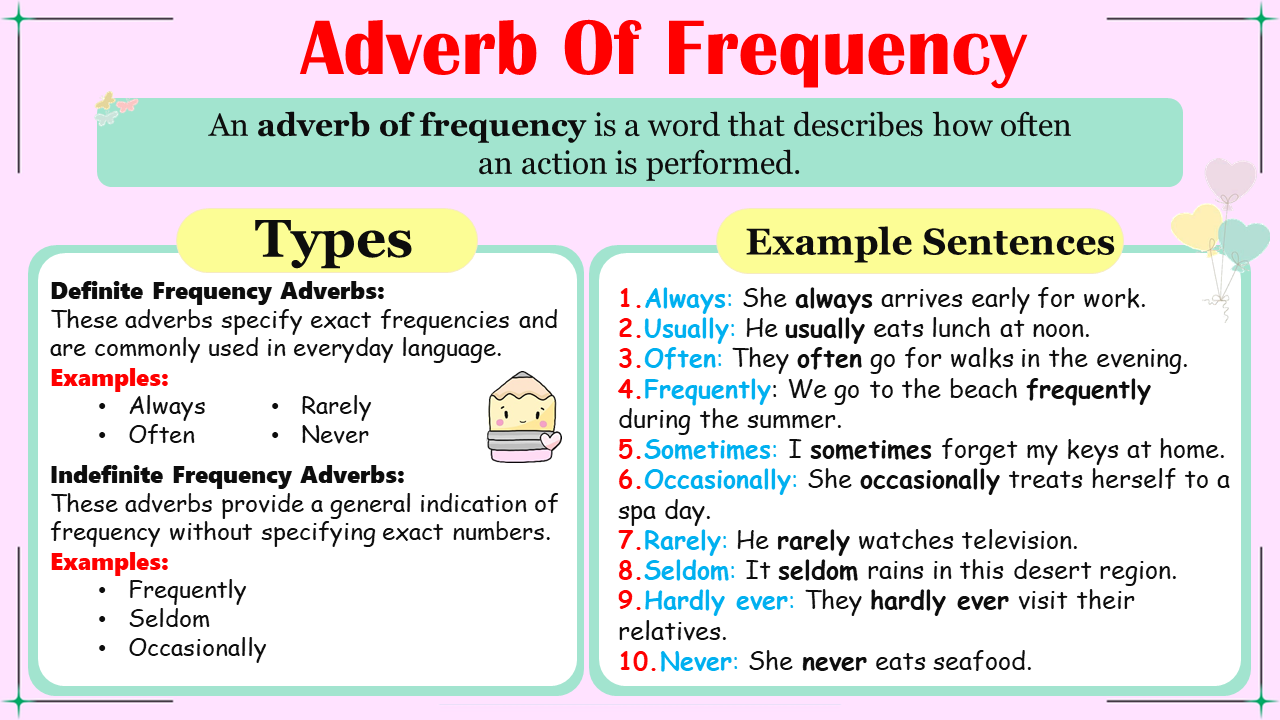
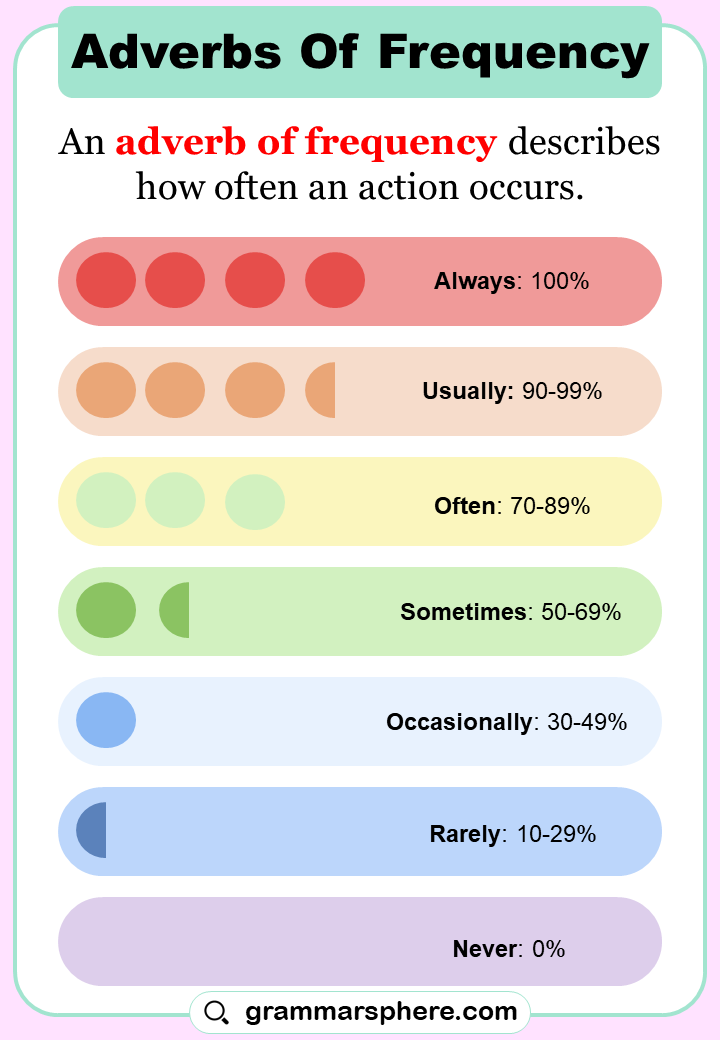
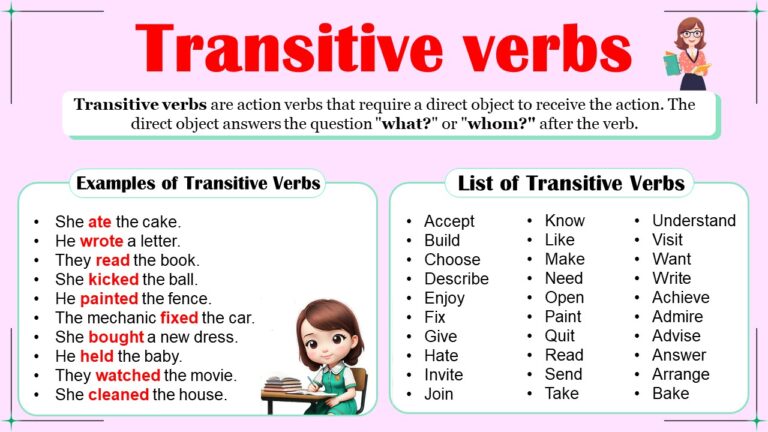
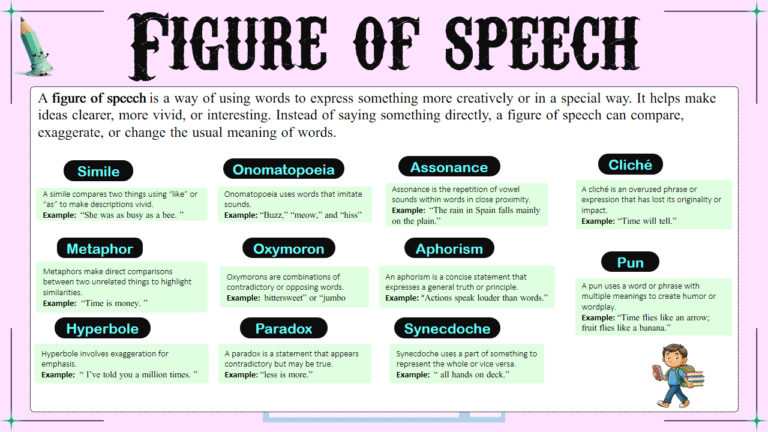
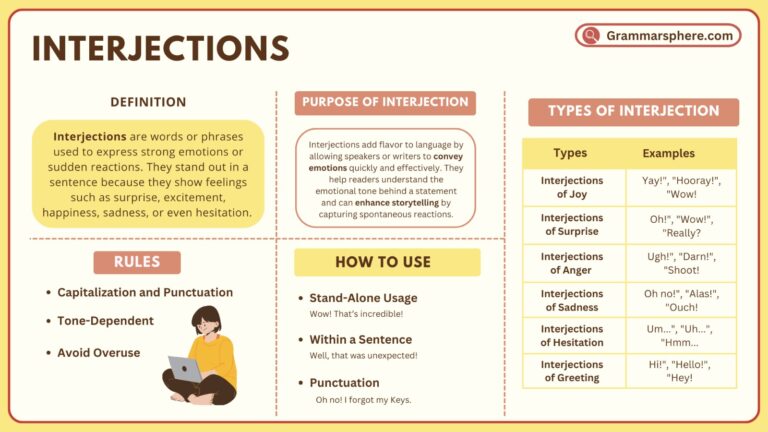
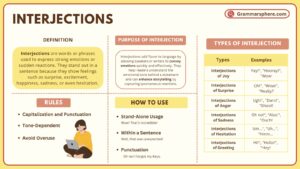
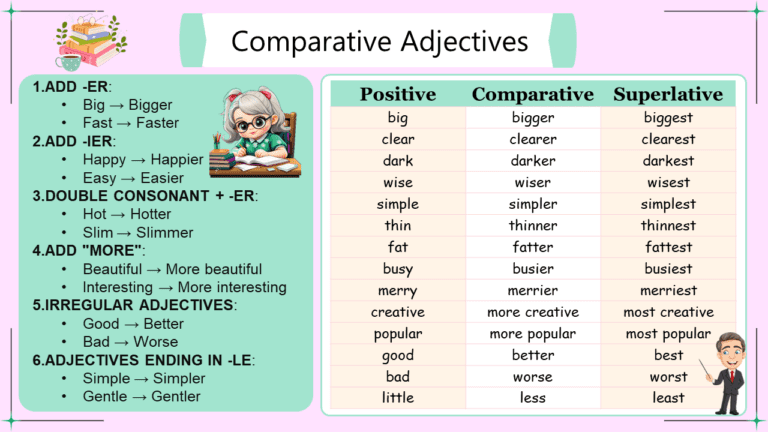
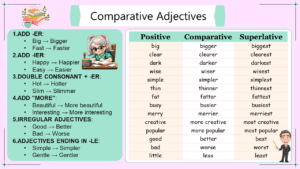
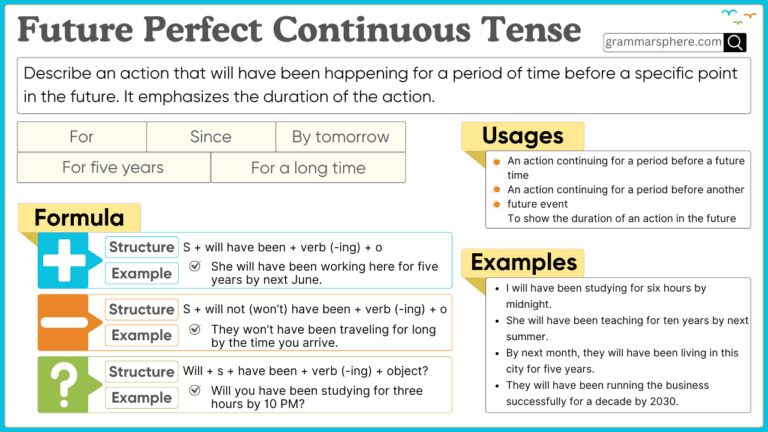
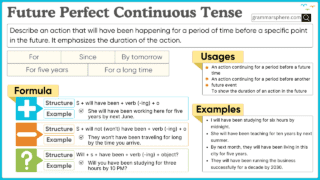
Leave a Comment